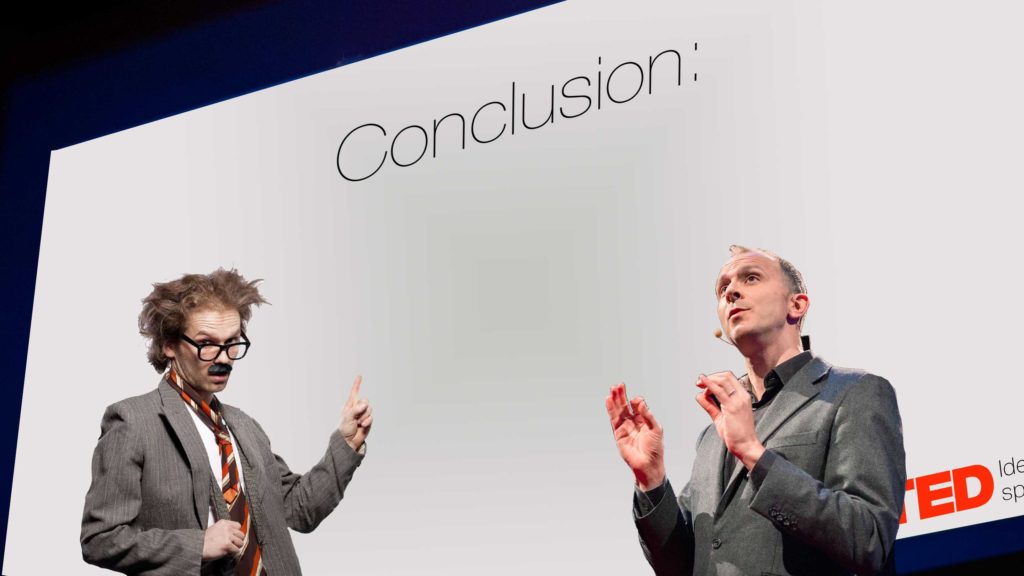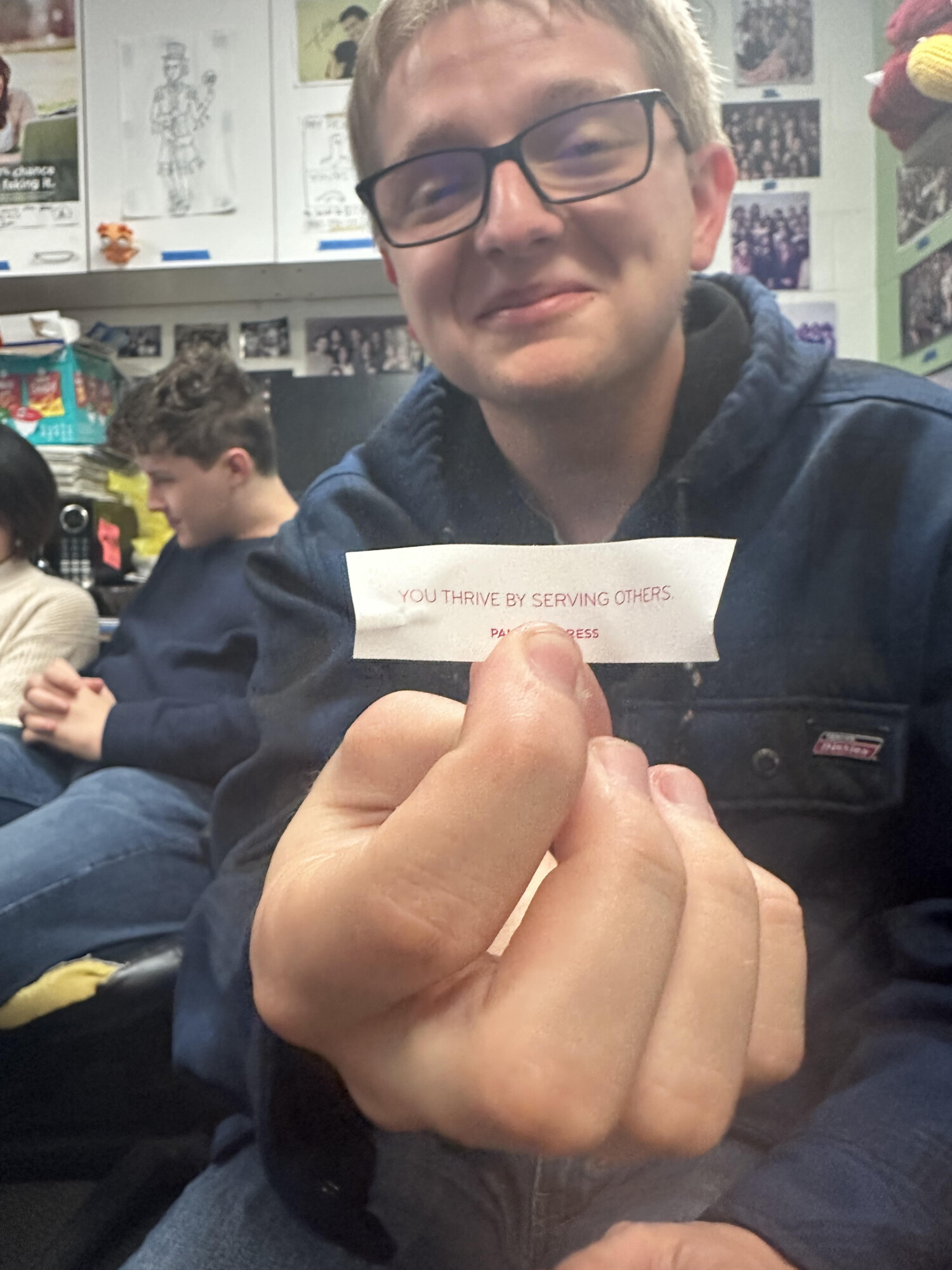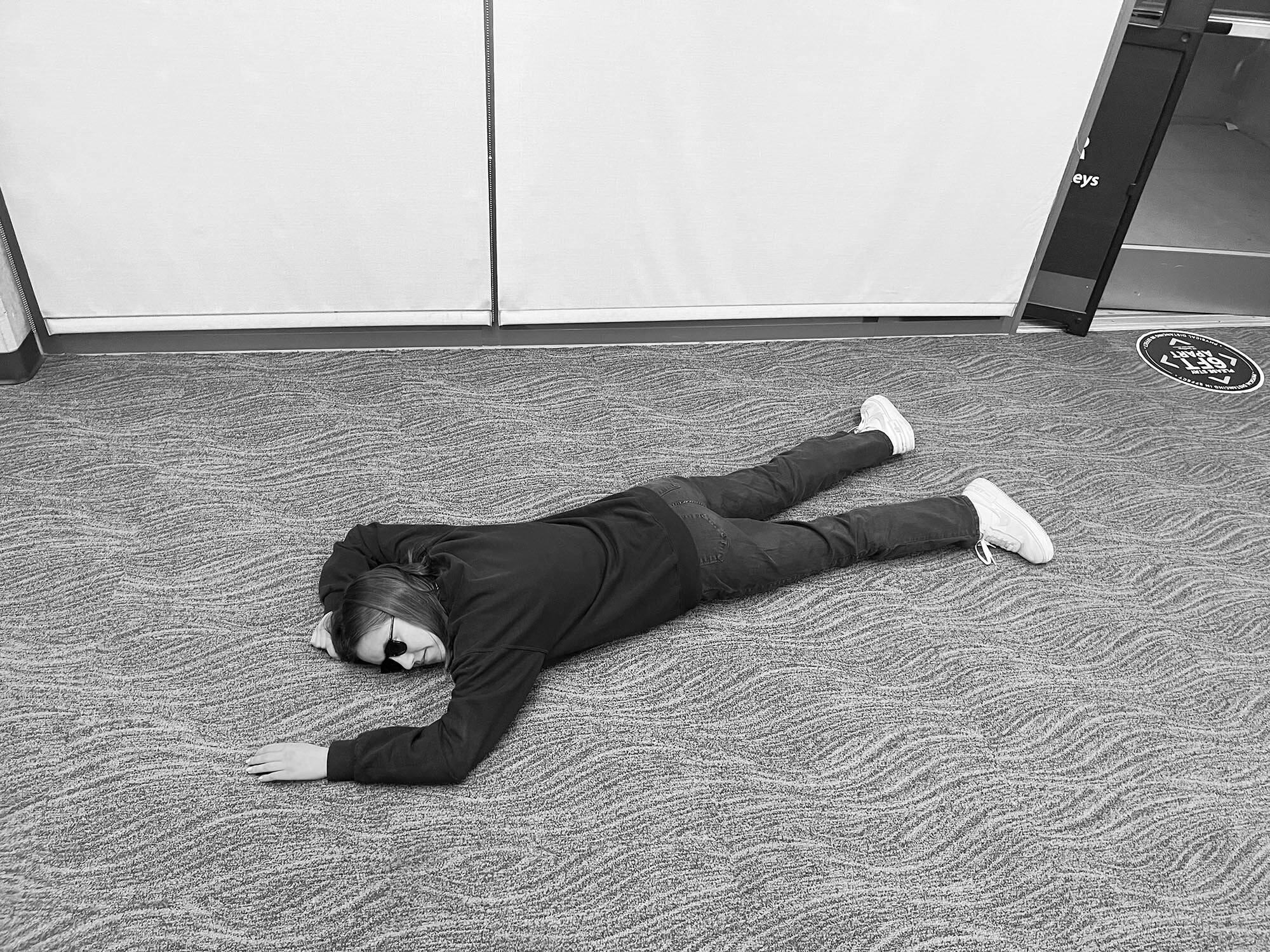
Photo by: Connor Gorry
This past week, after decades of foundational work filled with hard labor, dedication, and a steady funding source, scientists at the University of Painbridge have concluded that they simply cannot conclude conclusively.
Two weeks ago, radio-electro-expecto-petronologist Kand Deil ran tests to confirm the results of his latest research, growing “slightly curled, but not curly in an obnoxious way” mustaches on platypi. He was trying to affirm that his “platypustache” formula guaranteed the creation of this ideal mustache. However, after many attempts, he was only able to consistently produce a slightly off-centered soul patch. What he found challenged the conventional scientific platform: humans cannot conclude anything from his conclusion.
“As researchers, we simply cannot conclude that the results will conclusively work,” Deil explained at the Existential Criscientist Convention (ECC) this past Friday. “Our tests can result in as much as a 99 percent probability of success, or even a 99.9999 percent probability of success. But there will always be external factors that may contribute to its failing, something we weren’t able to test in a lab. We just can’t conclude the outcomes perfectly, no matter how many tests we run. We just can’t …” Deil then dropped his head onto the microphone and quietly began singing “Hallelujah.”
Deil’s conclusive non-conclusion has prompted much backlash from fellow researchers at the ECC. Brittany Chati, a researcher at Yale with a PhD in probable probability, immediately challenged Deil’s argument. “When we say a medicine has a 98.3 percent success rate and a 32 percent chance of potential side effects, that’s our conclusion,” Chati asserted. “The medicine doesn’t have to work 100 percent of the time for the probability of it to be conclusive. It just has to have side effects exactly 32 percent of the time to be 100 percent conclusive, with which it … wait … can a probability be conclusive? Or can it only be probably conclusive?” Other scientists responded to Chati by looking at Deil and singing along to “Hallelujah,” in order to distract him from contemplating the implications of error bars.
In his last public press conference, Deil stated that his only purpose of going into research was to know that at least one thing was completely conclusive in life. “It would have been like my rock, you know?” Deil explained. “No matter how many times I had to change houses, romantic partners, jobs, or laundry detergents, I would have that one constant thing I knew was certain. Alas, despite years of exhaustingly slow work and imagined gradual progress, I found that even my goal of conclusively concluding the genetic factors responsible for platypi moustaches was out of reach, just like that recently-discontinued magnolia-scented Tide detergent.”
Researchers are now working tirelessly to try and confirm the initial results of Deil’s work. However, progress is slow. “We’re really close to determining just how certain it is that we can never conclude anything,” explained Chati, who has been spearheading an aggressive project aimed at confirming the results.
“We just need to do one or two more experiments, and then we’ll be able to conclude, err, I mean, mostly conclude, I mean, there’s still room for error with the experimental limitations and whatnot, but maybe we’ll know with like at least 98 percent certainty, but that won’t be entirely conclusive, so there’s technically still a possibility we could conclusively conclude something, I mean, I don’t think we’re ever going to conclude that we can’t ever conclude, unless maybe if we designed a perfectly conclusive experiment on conclusions, but even then, we … we just can’t.”
Written by: Lauren Kirkbride and Hannah Rosenblatt, design editor and managing editor
Hannah Rosenblatt is an MQ alum. She was the 2017-18 Editor-in-Chief.











